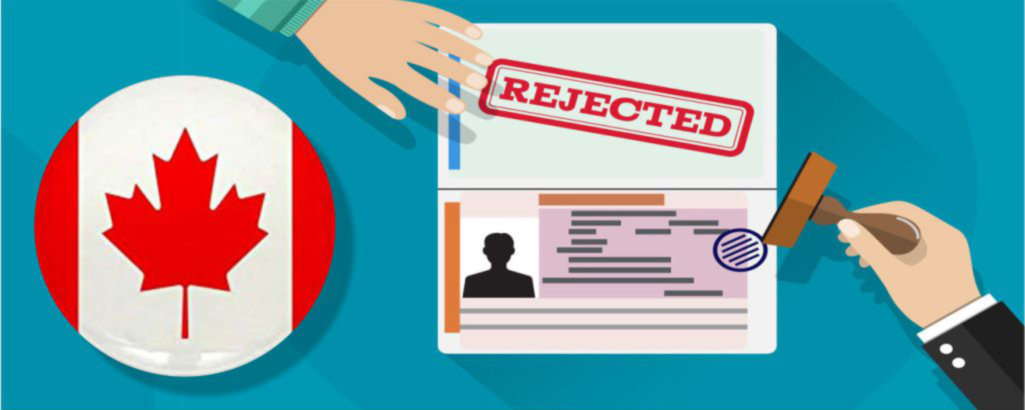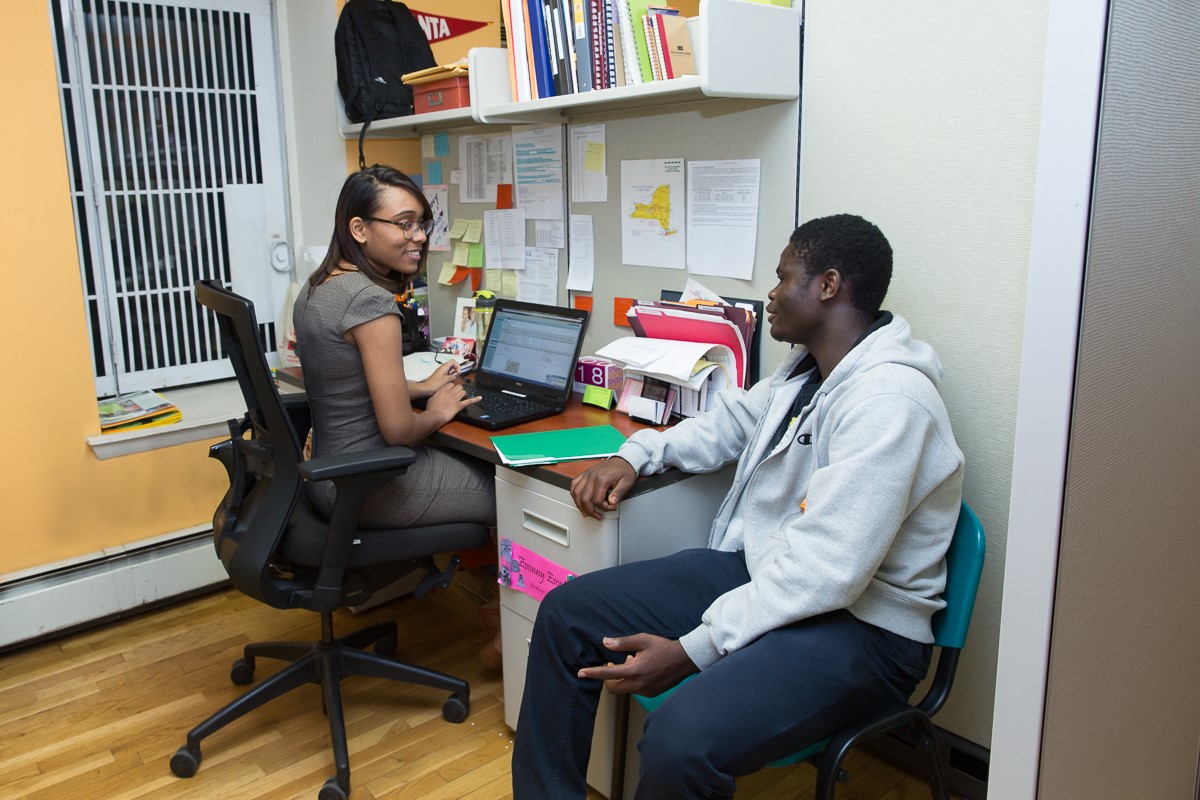Canada’s Visitor Visa Refusal Rate is on the Rise
Canada’s Visitor Visa Refusal Rate is on the Rise. According to a new report, Canada’s refusal rate for visitor visas has been on the rise for the last ten years. Would-be visitors from certain countries who want to come to Canada temporarily as tourists, or to attend academic events and conferences, are being refused as many politicians call for change to the system.
Who is being refused?
In 2019, 783,909 people were refused visitor visas for short stays in Canada. Generally, these stays allow visitors to travel to Canada temporarily for tourism, business, school, conferences, or to visit their families and friends. The number of refusals totals more than 35% of all visitor visa applications received in 2019.
Due to the COVID-19 pandemic, Canada processed significantly fewer visitor visa applications in 2020, yet the rate of refusal remained high. In the first two months of 2021, a total of 34,046 visitor visa applications were processed, 7,272 of which resulted in a refusal.
While Canada assesses all applications using the same criteria, some of the factors considered are an applicant’s country of residence and country of citizenship. Applicants from countries with less political and economic security risk have a much higher chance of refusal. In fact, many African and Middle Eastern countries face a refusal rate of more than 75% of visitor visa applications.
The implications of these refusal rates can be seen in conferences where speakers and presenters are unable to attend, as well as in families who are unable to connect and visit in Canada. With refusal rates continuing to rise, Canadian immigration officials are feeling pressure to redefine the system of visitor visa applications to create a fairer set of conditions.
Temporary Resident Visa Refusal and Approval Rate
| Year | Approval Rate | Total Approved | Total Refused |
| 2011 | 82% | 865,451 | 192,071 |
| 2012 | 82% | 950,845 | 207,993 |
| 2013 | 83% | 974,094 | 202,079 |
| 2014 | 81% | 1,106,597 | 252,338 |
| 2015 | 81% | 1,189,974 | 278,202 |
| 2016 | 79% | 1,347,141 | 354,809 |
| 2017 | 74% | 1,437,390 | 493,995 |
| 2018 | 70% | 1,675,472 | 716,947 |
| 2019 | 64% | 1,414,314 | 783,909 |
| 2020 | 66% | 337,740 | 171,334 |
How does a person get refused?
One of the most common reasons for refusal of a visitor visa is that an applicant fails to convince the immigration officer that they intend to exit Canada at the end of their period of stay. If an immigration officer has reason to believe that an applicant may overstay in Canada past the expiry of the visa, then the visa application will most likely be refused.
When preparing a visitor visa application, applicants should be sure to include evidence that they have already purchased return travel, or that they have access to the funds for such travel. In addition, if an applicant is unable to demonstrate they will be able to afford their stay in Canada, their application also runs a significant chance of refusal.
As mentioned above, Canada does consider a person’s country of citizenship and residence when assessing an application. While these may be impossible to change, applicants from countries with higher rates of refusals should ensure the rest of their application is as complete as possible.
Will Canada change its policies?
The findings from the recent report have put a lot of pressure on the Canadian government to change the ways in which visitor visas are refused. The current refusal rates greatly impact Canadian tourism by preventing more than half a million visitors from entering Canada annually.
The frequency of visitor visa refusals impacts a range of industries. Canadian academic conferences are often unable to bring scholars from certain African and Middle Eastern countries. Even international business conferences report a high number of absences, oftentimes negatively affecting Canadian economic development.
Only time will tell how Canada will address the problem. Visitor visas are one of the most commonly requested types of status in Canada, so any modification to the system could have a huge impact on immigration processing.
Don’t take chances, Book a Consultation today with Chugo Immigration Services to make sure you improve your chances of success with your application.
Find out if you are eligible to immigrate to Canada, Book Consultation
Optimize your chances of success immigrating to Canada with Chugo Immigration Services!
What are your options for Canadian Immigration?
We will help you to navigate any of the following pathways to Canadian Immigration:
-
- Provincial Nominee Program
- Federal Skilled Trades Program
- Canadian Experience Class
- Humanitarian and Compassionate
- Study to Immigrate
- Atlantic Immigration Pilot Program
- How to Become a Canadian Citizen: Applying for Canadian Citizenship
- Family Sponsorship
- Spousal Sponsorship
- Express Entry
- Federal Skilled Workers Program
- Caregivers
- Canada Business Immigration Programs
- Refugee and Asylum
- Visa rejections and Appeals
Chugo Immigration Service is authorized to offer Canadian Immigration and Citizenship services under the Immigration and Refugee Protection Act. The Principal Consultant, Pius Chukwuma Ekwulugo RCIC, is a member in good standing of the College of Immigration and Citizenship Consultants (CICC) and has helped many foreigners to start a new life in Canada. We will help you too!
For effective and diligent legal help regarding Canadian Immigration matters, we partner with Weekes Law Office. For international recruitment of foreign workers to Canada, we partner with Godzone International Recruiting.
What Do I Do Next?
Are you looking for an immigration pathway to Canada? If you do not know where to look and how to start, we invite you to book an eligibility consultation with us. We will prepare an individualized assessment report for you and guide you on your immigration journey to Canada.




